Introduction to APCAMM
A significant portion of the global population resides near coastlines, placing a strain on water resources. This challenge is expected to worsen with climate change and rising sea levels, which could put nearly 45% of the world’s inhabitants at risk. Coastal water resources, including groundwater, are of significant concern to scientific groups and other industries worldwide.
The primary objective of this forum is to foster collaboration among scientists, engineers, water resource managers, and planners to discuss, share insights and strategies for sustainable management of coastal groundwater. The gathering serves as a unique platform for leading scientists and engineers from the Asia-Pacific region to identify opportunities for future socio-economic growth. The success of APCAMM is crucial to achieving economic development that is both sustainable and respectful of coastal aquifers.
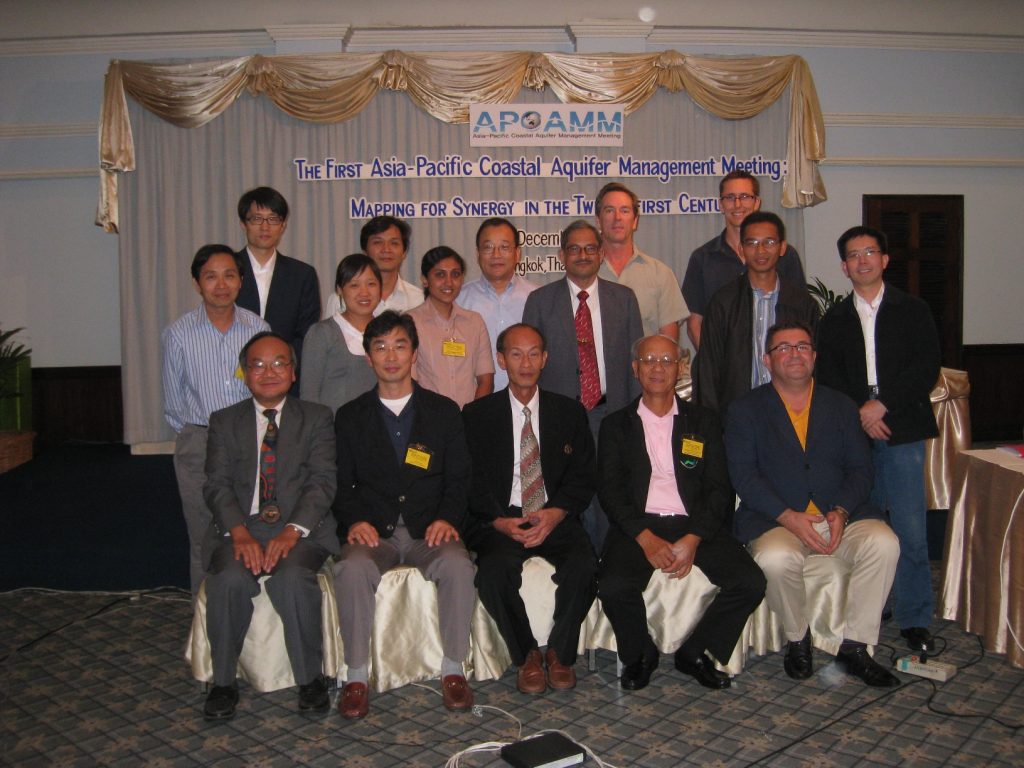





History of APCAMM
In May 2009, a group of leading scientists and engineers, primarily from the Asia-Pacific region, began discussions about establishing a regional counterpart to the Sea Water Intrusion Meeting (SWIM). The founding members included prominent figures such as:
Ahmad Zaharin Aris (Malaysia)
Ashim Das Gupta (Thailand)
Weixing Guo (USA)
Timothy Hong (New Zealand)
Jimmy Jiao (China)
Kenji Jinno (Japan)
Ti Le-Huu (Vietnam)
Pham Quy Nhan (Vietnam)
Namsik Park (Korea)
Adrian Werner (Australia)
After extensive deliberations, the conference was named APCAMM, standing for Asia-Pacific Coastal Aquifer Management Meeting. This title was chosen for its broad scope, encompassing both traditional and modern topics related to coastal aquifers.
The APCAMM logo was designed by a student at Dong-A University in Korea, symbolizing the meeting’s commitment to fostering collaboration and innovation in the field of coastal aquifer management.
To avoid scheduling conflicts with the biennial SWIM conference, as some participants may attend both events, it was decided that APCAMM would also be held biennially but in alternating years. However, this arrangement was disrupted by the global COVID-19 pandemic, which temporarily suspended the regular convening of the conference.
Since its inaugural meeting (December 9–11, 2009, in Bangkok, Thailand), APCAMM has served as a vital platform for addressing critical issues related to coastal aquifers in the Asia-Pacific region.
Key Features of APCAMM
APCAMM prioritizes accessibility for Asia-Pacific developing nations, addressing financial and logistical barriers by hosting conferences regionally. By bringing together regional and international experts, the event provides local participants with opportunities to engage with leading professionals they might not otherwise meet. Low registration fees, affordable accommodation, and discounted student rates ensure inclusivity, while awards for outstanding student presentations encourage early-career involvement.
The three-day program balances academic and practical learning: two days of expert-led technical sessions, a field trip to explore local groundwater challenges, and pre-conference workshops for skill-building. Cultural activities, when budget allows, enrich cross-cultural networking.
Beyond knowledge exchange, APCAMM fosters a collaborative community. Regular attendees reunite like a “professional family,” strengthening partnerships between researchers, policymakers, and practitioners. This blend of accessibility, hands-on learning, and long-term relationship-building positions APCAMM as a catalyst for sustainable coastal groundwater management in the region.
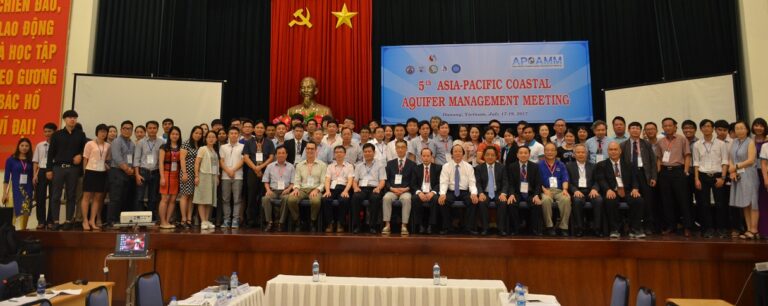
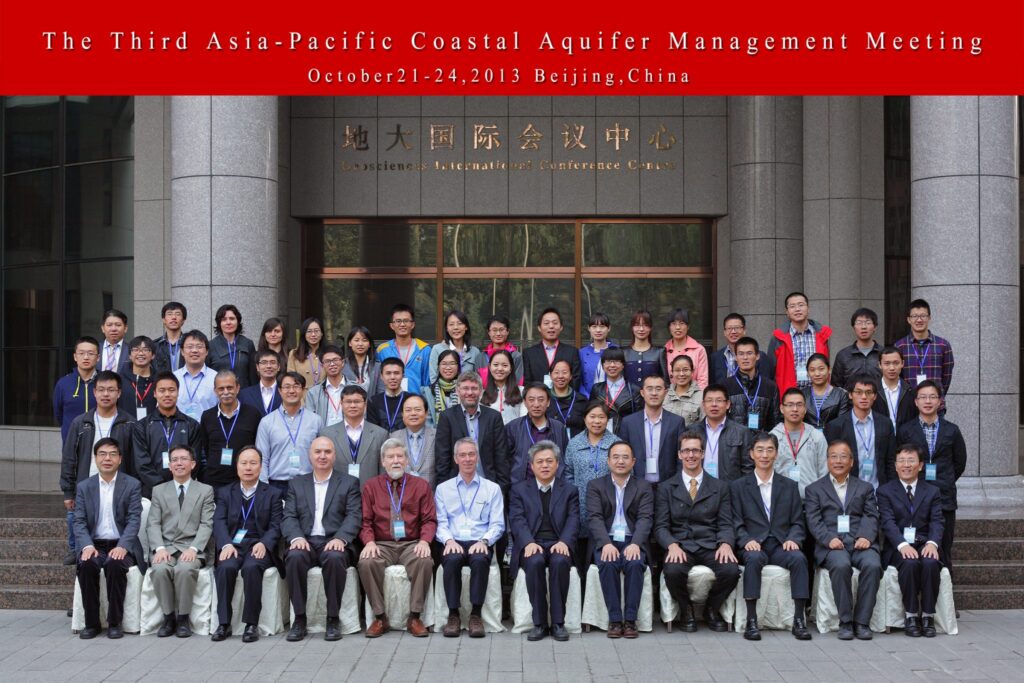
Past APCAMMs
1st APCAMM (Dec. 9-11, 2009), Bangkok, Thailand
2nd APCAMM (Oct. 18-21, 2011), Jeju Island, Korea
3rd APCAMM (Oct. 21-24, 2013) Beijing, China
4th APCAMM (Jul. 4-8, 2016) Cairns, Australia (a joint meeting with the 24th SWIM)
5th APCAMM (Jul. 17-19, 2017) Da Nang, Vietnam
6th APCAMM (Dec. 11-14, 2019) Chennai, India
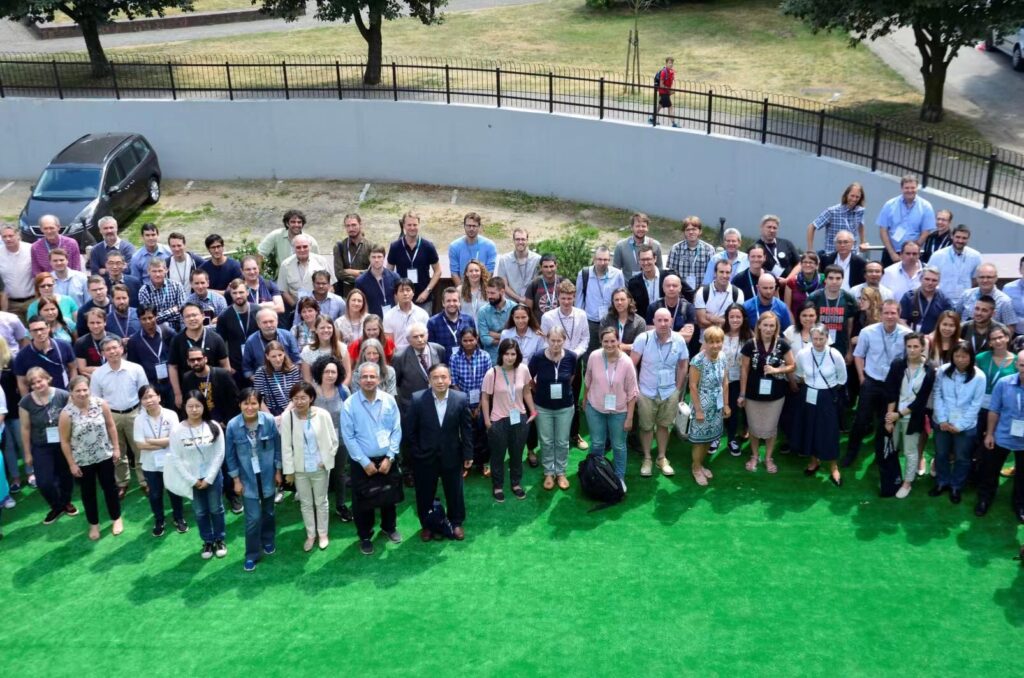
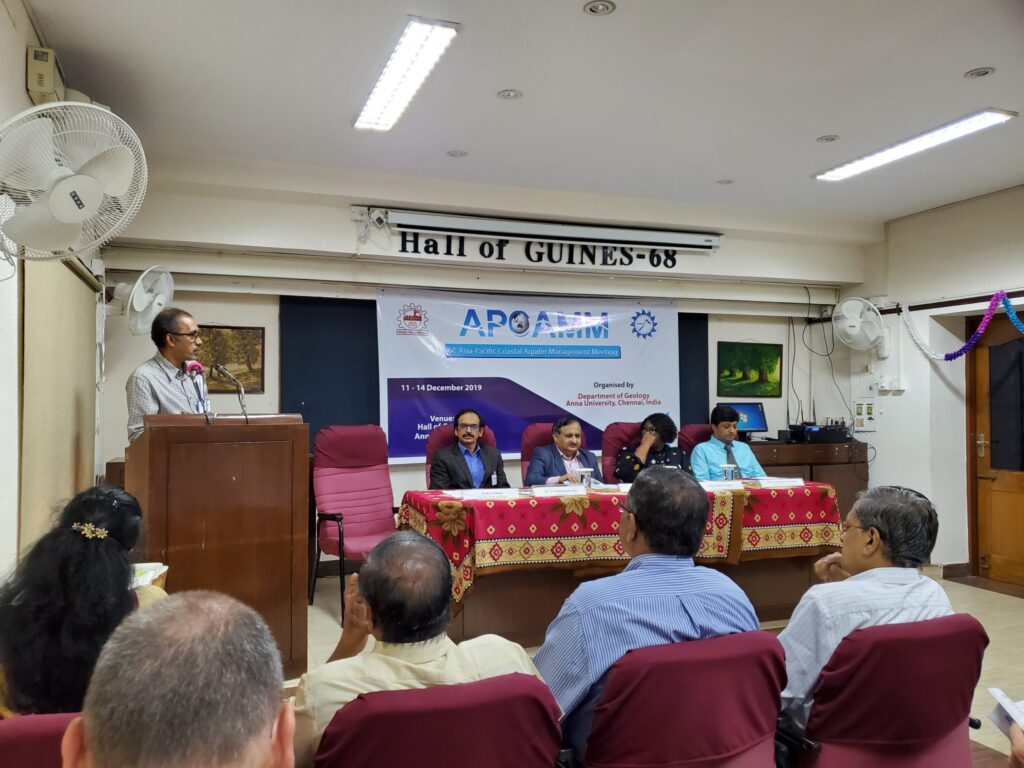


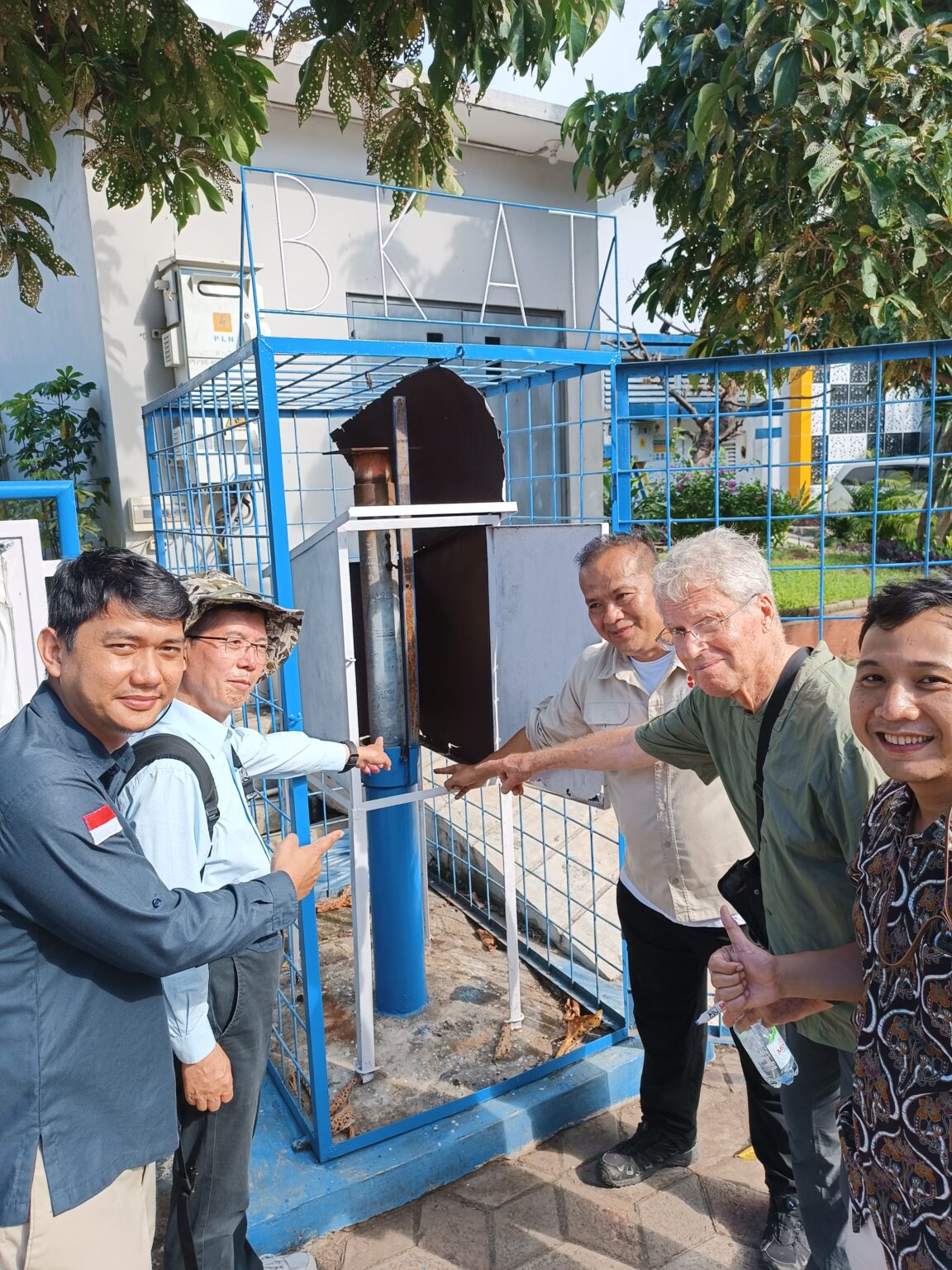
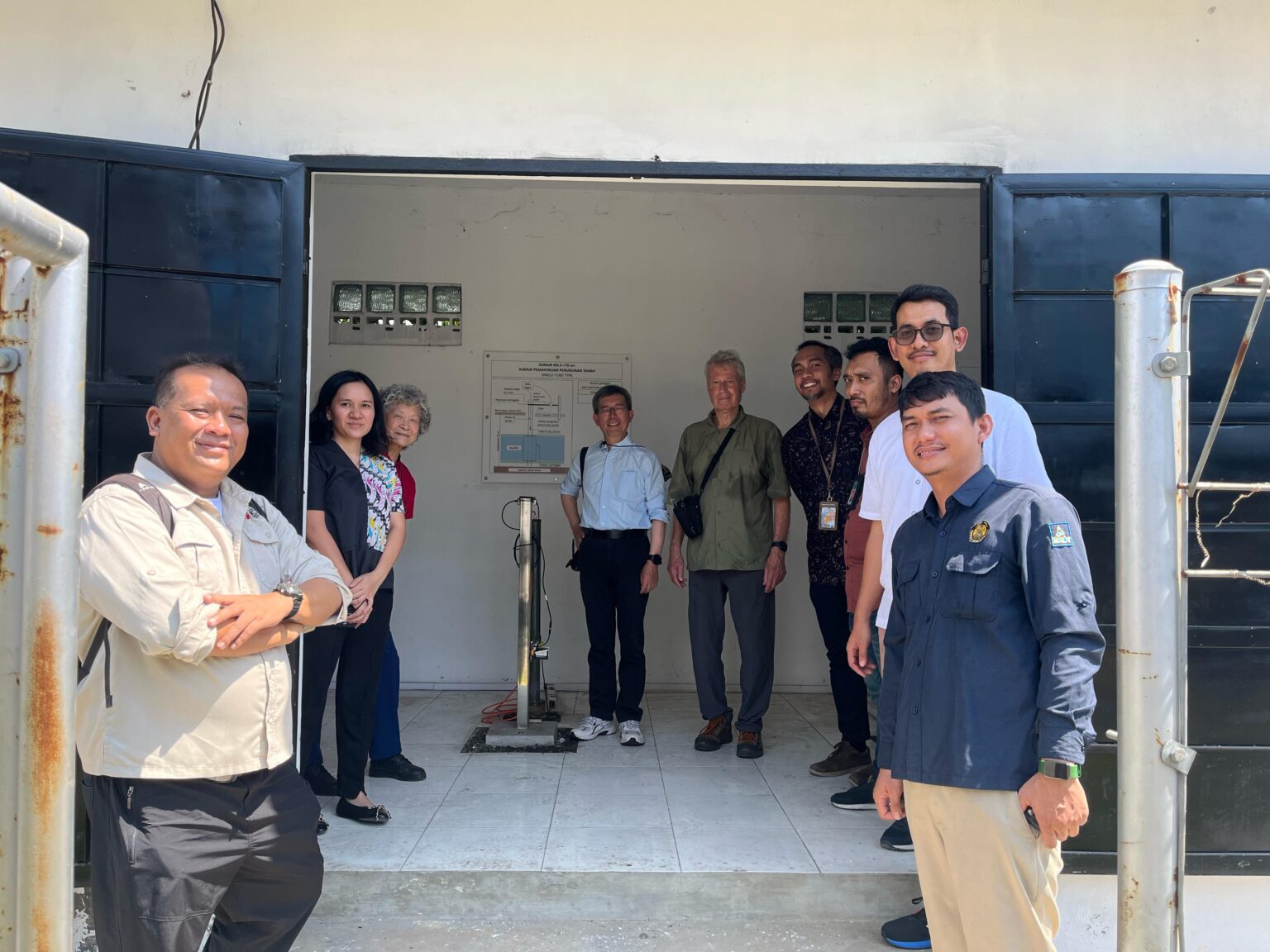
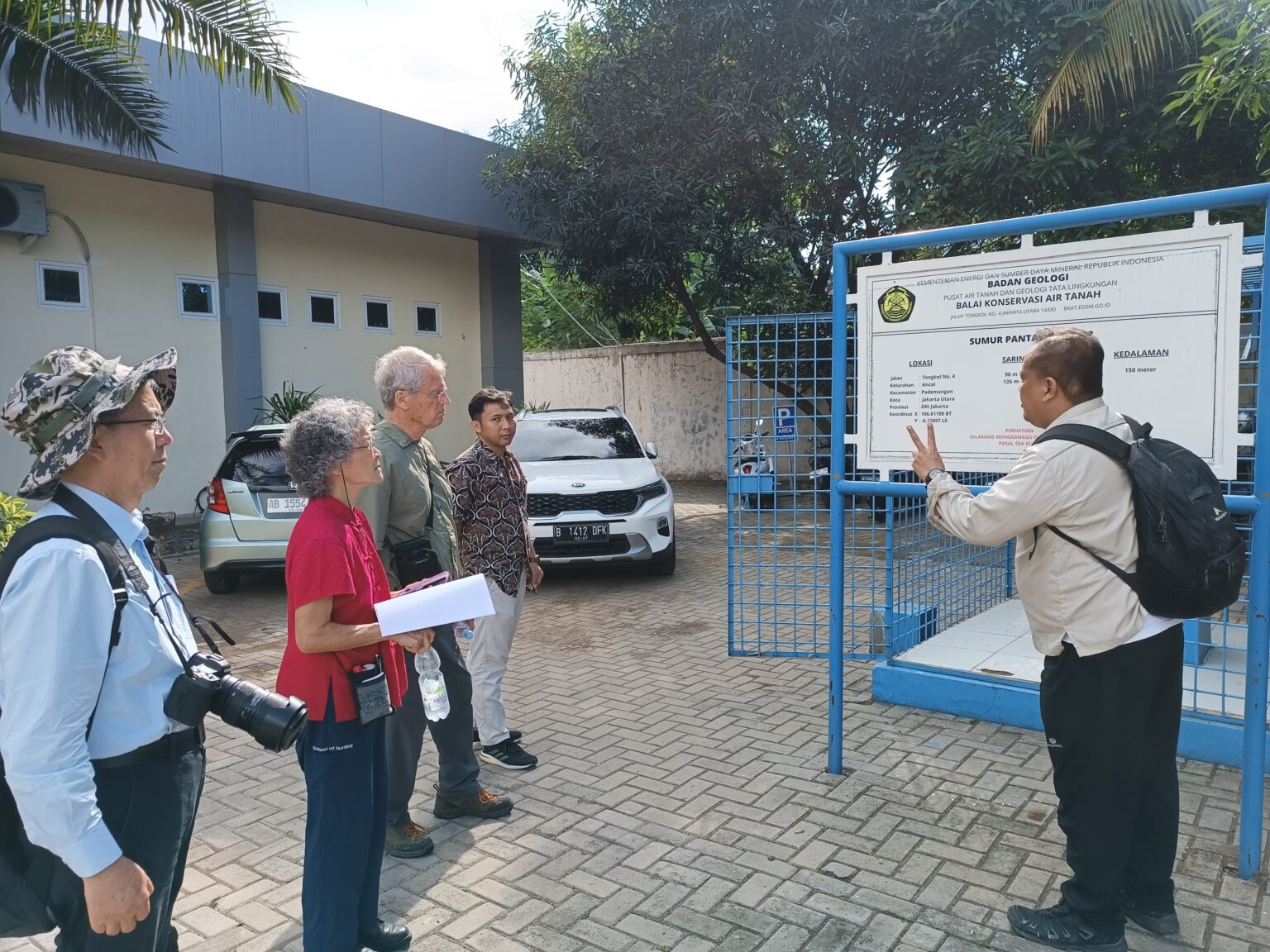
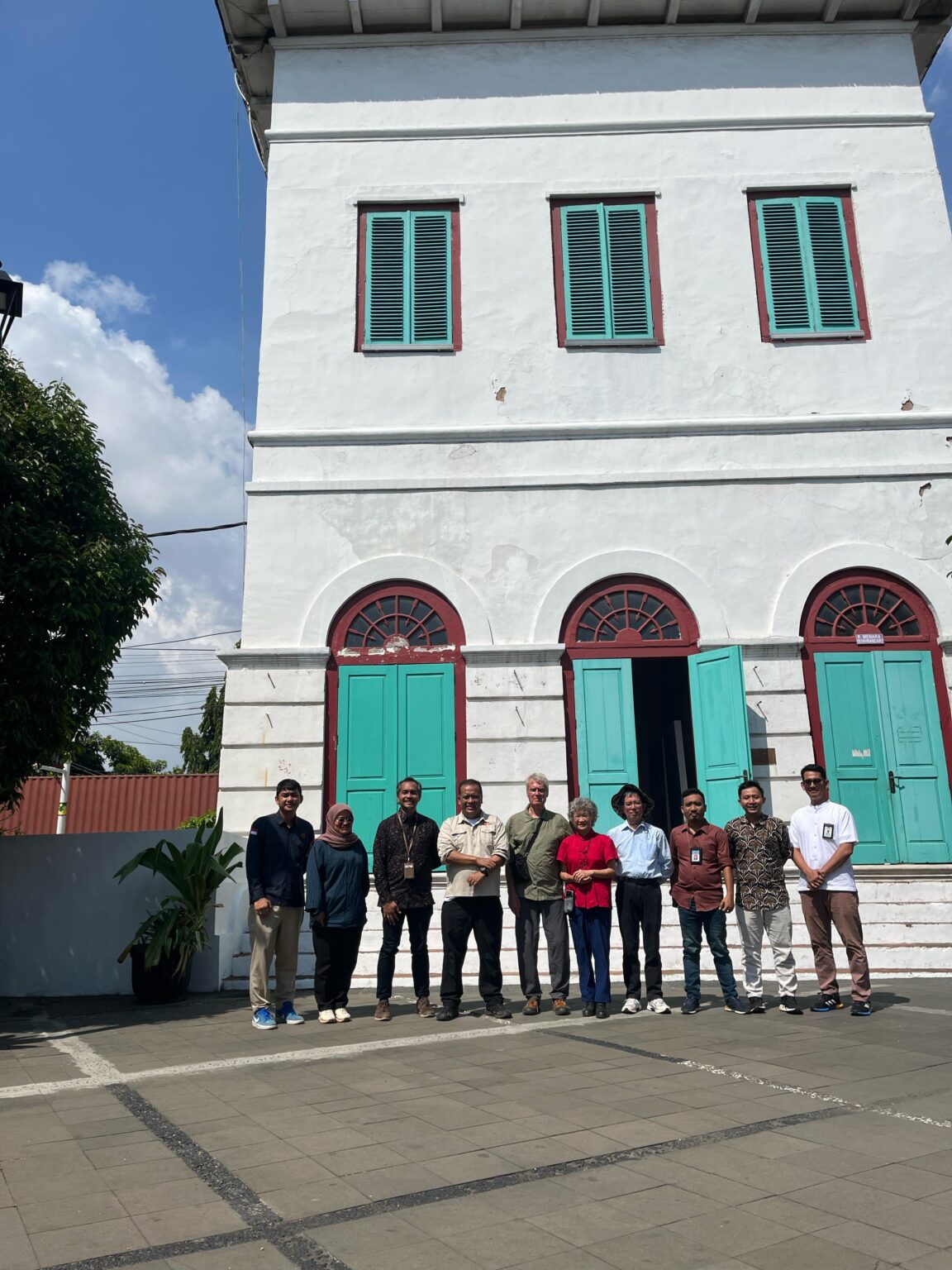
Recent APCAMMN
The conference—the joint 8th APCAMM-PAAI Meeting titled “Resilient Coastal Aquifer Management in Tropical Regions: Adapting to Climate Change and Urbanization”—took place at the Bandung Institute of Technology (ITB), located at Jalan Ganesha No. 10, Bandung City, West Java Province, Indonesia. This event aims to bring together experts and practitioners in the field of hydrogeology to discuss the latest advancements and challenges in groundwater management and sustainability. For further details, please refer to the official announcement on the website.
CONTACT US
Location
Department of Earth & Planetary Sciences, James Lee Building, The University of Hong Kong, Hong Kong
Official website
taoy@connect.hku.hk